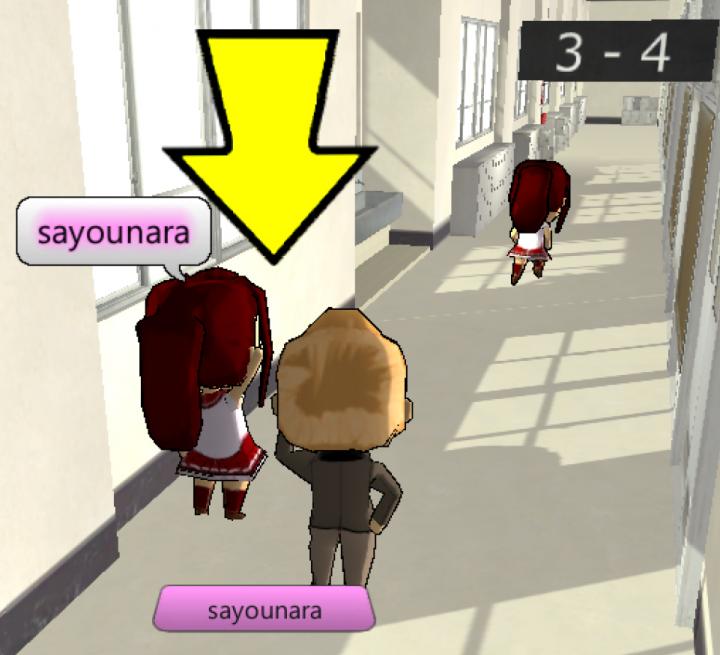
Learn a new language by playing video games with others
It’s no surprise that learning can be more fun and effective when it comes in the form of a game, but now Cornell University researchers discovered that if you want to learn even more, play games with other people.
The Cornell team discovered this by using a language-learning game called “Crystallize,” which was created by Erik Andersen, assistant professor of computer science, and his students. The researchers discovered that when players are required to work together they learn more words, as well as find more enjoy in the actual game.

“Crystallize,” is a role-playing game in which the player guides an avatar through a virtual world where all characters speak a target language. The player has to learn to communicate, make friends and get a job. The prototype version teaches Japanese, but the creators say any language can be supplemented.
The main player in the game is sent on quests to learn new words by watching game characters talk to each other.
For example, as one character walks away, the one left behind says “Sayounara,” so the player can figure that “sayounara” means “goodbye.” The player also has the ability to drag the word from the character’s speech balloon into an inventory so it can use it to make new sentences later. Completing a quest earns the player money that can be spent in the virtual world, as well as raises the player’s behind-the-scenes “confidence score.” Completing more tasks allow the player to reach higher levels.
According to the researchers, many language-learning programs available focus on memorizing vocabulary with the help of devices like flashcards. The feel that becoming immersed in virtual worlds provides visual and situational context along with gaming elements to add motivation.
The researchers recruited 48 students to play the game in a laboratory setting. One group of players was assigned to work with partners (in separate rooms) and they communicated and helped one another via chat.

Follow-up interviews and questionnaires showed those who were required to interact had a closer relationship with their partners and thought their partners had been more helpful. According to chat logs, they spent more time communicating.
The game’s designers say they will look for new ways to create long-term engagement since learning a language is an ongoing process, and will try to incorporate other language software.
Currently there’s even a virtual reality version of the game in development, and the designers hope to make their world more realistic.
“In the future, we hope to design effective experiences that clearly demonstrate to learners not just how to say things in a foreign language, but when and why they should say them,” said the team.

Comments are closed, but trackbacks and pingbacks are open.